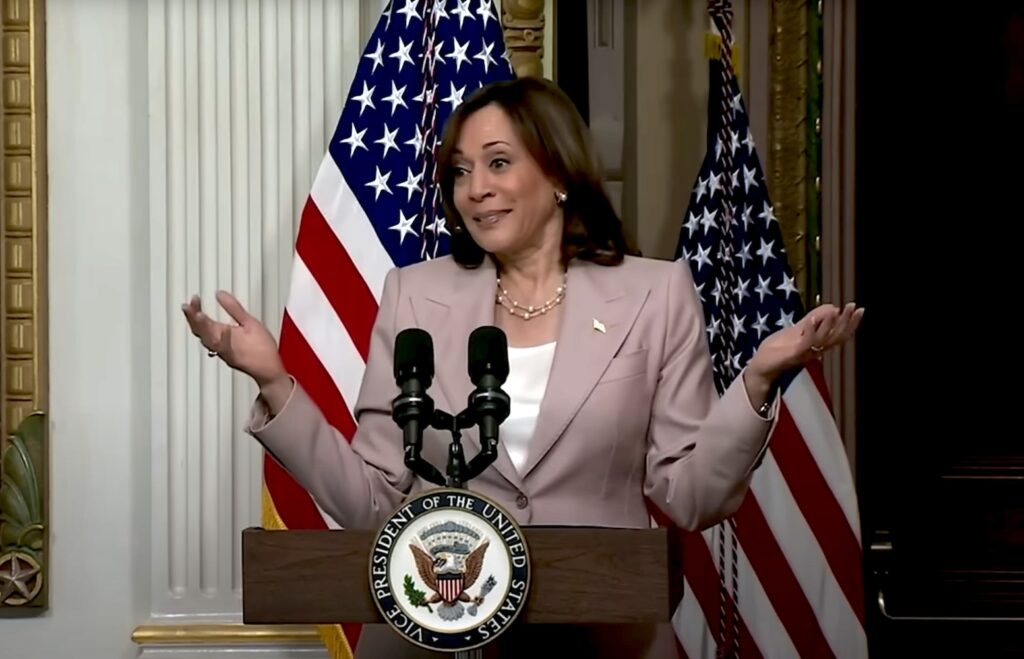Harris’ education platform ignores K-12 academics, parental concerns
Vice President and current Democrat presidential nominee Kamala Harris has proposed education reforms that ignore K-12 public education’s biggest problems.
Though nearly 50 million children…

Vice President and current Democrat presidential nominee Kamala Harris has proposed education reforms that ignore K-12 public education’s biggest problems.
Though nearly 50 million children attend a K-12 public school, Harris barely mentions them in her official education platform.
Instead, she says she’ll fight for “high-quality child care and preschool,” strengthen public education “as a pathway to the middle class,” and end “the unreasonable burden of student loan debt.”
She says nothing directly about K-12 education, rather discussing the large investments in student debt relief, minority-serving institutions like HBCUs, and Pell Grant awards.
But parents nationwide are concerned about more important issues, such as low proficiency rates in core subjects like reading, math and history.
National scores from 2022 found just 29% of 8th graders are proficient in reading and 26% in math.
And according to recent surveys, 70% of Americans think public education is headed in the wrong direction.
Many parents are concerned about their children’s mental health and spending too much time on screens as well.
Other widespread issues include rising rates of chronic absenteeism, teacher shortages, unscientific reading instruction and increases in student violence.
But rather than address these arguably bipartisan topics, Harris leaned into her far-left agenda, promising to hire 14,000 additional mental health professionals and “enshrine anti-discrimination protections for LGBTQI+ Americans.”
Harris also has been mum on the issue of school choice, which has strong support on both sides of the aisle.
Polling from the American Federation for Children found 71% of registered voters supported education freedom policies.
That included strong majorities among both Democrat (66%) and Republican (80%) voters, as well as Hispanic (71%), white (71%), black (73%) and Asian (70%) voters.
While Harris failed to mention school choice in her education platform, the Democrat party has publicly opposed it, saying it opposes “schemes that divert taxpayer-funded resources away from public education.”
By comparison, former President and Republican nominee Donald Trump’s education platform includes:
- Getting rid of Critical Race Theory, gender ideology and sexually inappropriate content;
- Protecting girls’ athletics by banning biological males;
- Promoting patriotism among teachers;
- Rewarding states and districts that make their own reforms;
- Adopting merit-based pay for teachers;
- Reducing the number of school administrators;
- And passing a Parental Bill of Rights and a universal school choice program.



